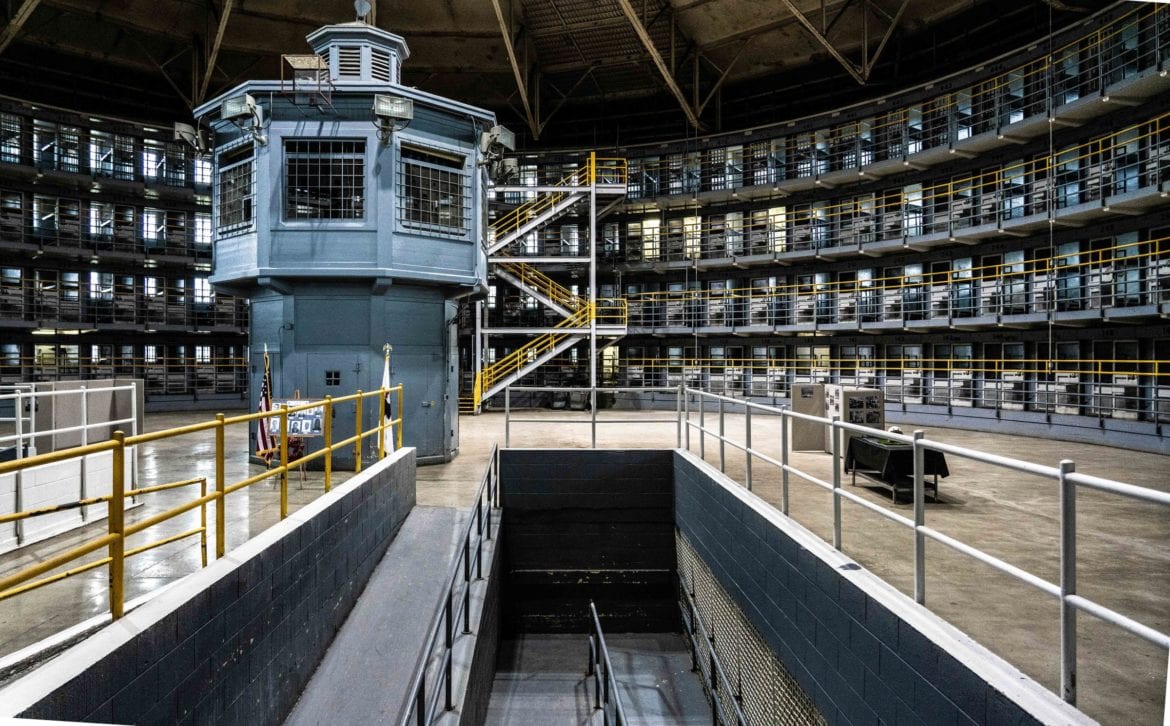
One aspect I found interesting surrounding surveillance was Bentham’s thought experiment of a prison with a central tower where guards can have unobstructed access into prisoner’s cells. The reason I found it interesting is primarily due to the fact this was described in a capacity of a thought experiment; however, this prison design has existed in the U.S. until quite recently, the F-House cellblock located in Illinois Stateville Correctional Center. This highlights the role of government in procedures utilizing heavy surveillance, even in countries such as the United States which pride themselves on ideals like freedom and privacy. It is also of note that this cellblock was eventually shut down under the guise of prison reform, noting the prison design was subtly engineered to induce extreme aggression, violence, anxiety among both inmates and staff. During the COVID-19 pandemic, the cellblock was reopened as a quarantine zone for positively affected inmates, much to the chagrin of prison watch dog groups.

An interesting point about the Big Tech’s use of unchecked surveillance pertains to the technological illiteracy many people have about what tech companies are capable of performing in an increasingly digital age. Furthermore, the generations that have the most capacity to acutely understand the reach of surveillance technology are the younger generations such as the Millenials or GenZ, who have grown up with technology being an integral part of their lives. We see that in worldwide protests criticizing government overreach regarding surveillance, the younger generations using social media as a medium to transmit crucial information when established institutions such as television and newspaper are gagged by a tyrannical government. Ironically, these generations are the ones who tech companies may have the most data on, as they are the people who have grown up posting status messages on Facebook, Snap Chatting their meals, shopping increasingly from Amazon, and posting on their Instagram account about all their excursions with friends and family. Technology is a double-edged sword for governments and individuals alike, the strength of being able to transfer data can easily become an incredible weakness when someone on the other side of the screen is monitoring theflow of information from creator to consumer.
The idea of the technology being a tool is one I personally agree with, there are numerous examples of people employing technology for the benefit and detriment of society. Technology is primarily malleable to its user, only through the user’s action can technology be imbued with a sense of morality. However, I do believe hiding behind the rhetoric of technology being a tool whose entirety of impact is dependent on a user’s actions to be an attempt to shirk accountability. As a developer, part of one’s responsibility is to account for the most egregious uses of technology. If one wants to stick to the strict interpretation of technology being a tool, then there must be some consideration of the most extreme edge cases for that tool’s usage; to not do so would be ignorant at best and downright negligent at worst.